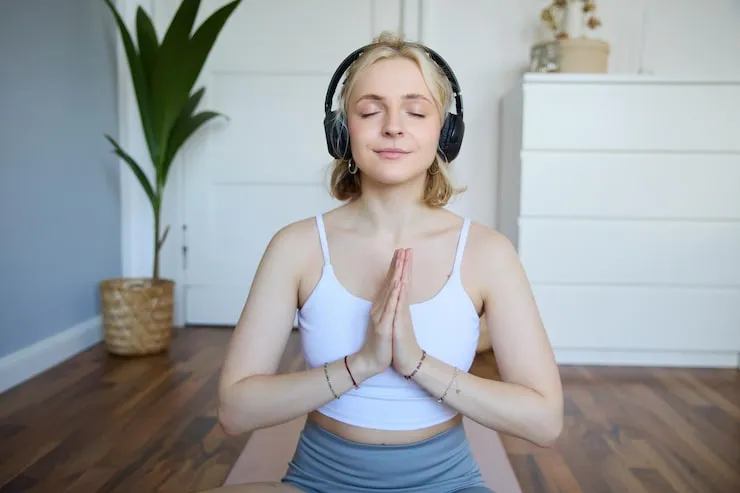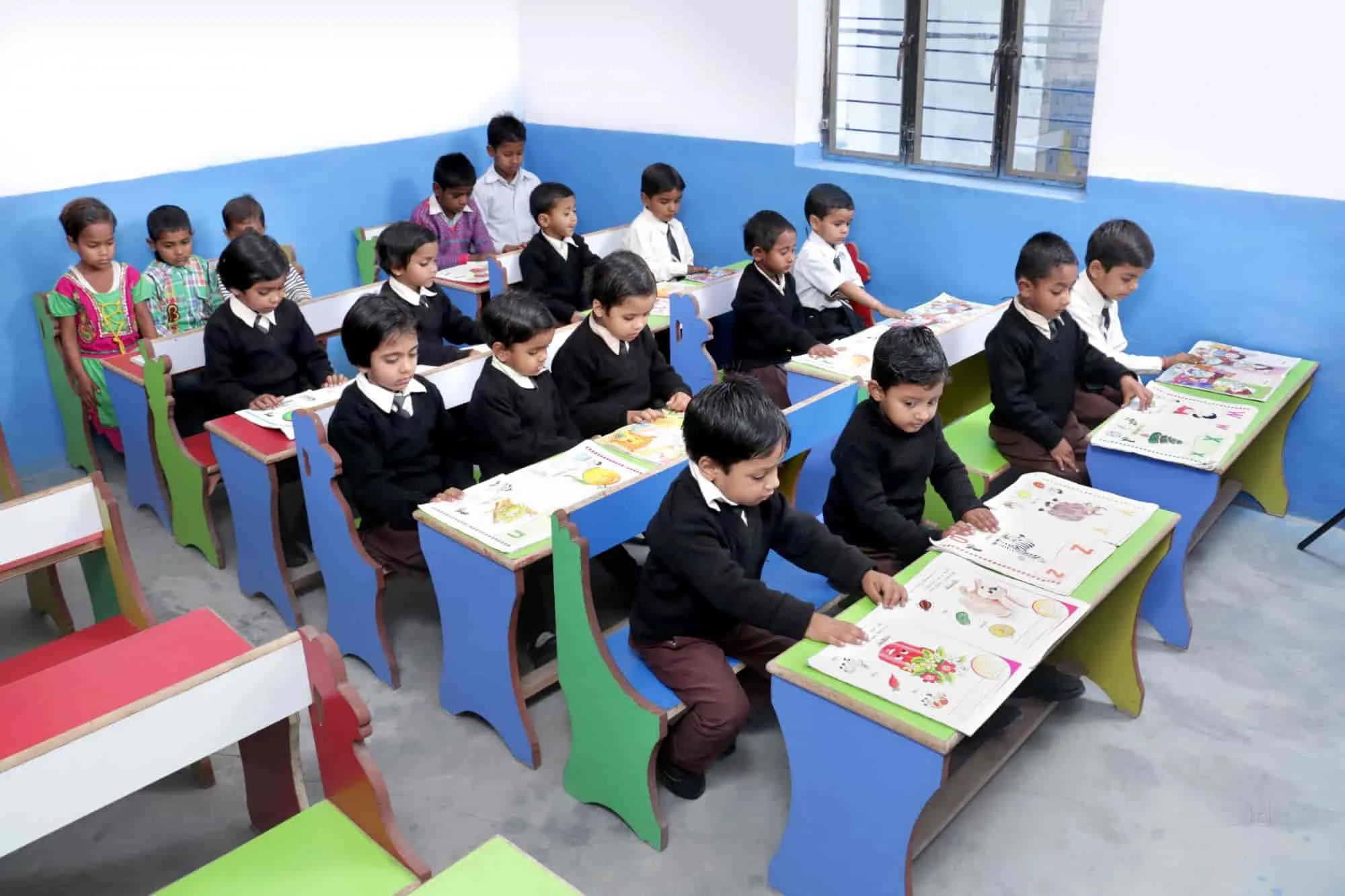Hey there! I've been a teacher for over 15 years, and I can't tell you how many times students have asked me about open book versus closed book tests. Trust me, I've seen it all - from students panicking about memorizing everything to others thinking open book tests are a piece of cake. Let me share what I've learned about these two testing methods and help you understand which one might work better for you.
What Are Open Book and Closed Book Examinations?
Before we dive deep, let's get clear on what these terms mean. I remember when I first started teaching, some students were confused about these basic concepts.
Closed book exams are the traditional tests where you can't use any materials. No books, no notes, no phones - just your brain and a pen. You have to memorize everything beforehand.
Open book tests let you bring materials like textbooks, notes, or sometimes even use the internet. Sounds easier, right? Well, not always!
The Key Differences Between Open Book and Closed Book Testing Methods
Memory Requirements and Study Strategies
In my experience, the biggest difference is how you prepare. For closed book assessments, I tell my students to focus on memorizing facts, formulas, and key concepts. It's like preparing for a spelling bee - you need everything stored in your head.
With open book evaluations, the focus shifts to understanding concepts deeply. You don't need to memorize every detail, but you must know where to find information quickly.
Time Management Challenges
Here's something I've noticed after grading thousands of exams: students often struggle with time during open book examinations. They spend too much time looking things up instead of answering questions.
Closed book tests usually have a steady rhythm. Students write what they know without stopping to search for answers.
Question Types and Complexity
I design different question styles for each format. Closed book exam questions often test recall and basic understanding. Think multiple choice, fill-in-the-blanks, or simple definitions.
Open book test questions are trickier. They focus on analysis, critical thinking, and application. I might ask students to solve complex problems or compare different theories.
Advantages of Open Book Testing Format
Let me tell you why I sometimes prefer giving open resource exams:
Reduced test anxiety is huge. Many of my students feel less stressed when they know they can check their notes. Sarah, one of my former students, used to get so nervous she'd forget everything. Open book tests helped her show her real abilities.
Better focus on understanding instead of memorization. Students learn to think critically rather than just remembering facts.
Real-world preparation is another plus. In most jobs, you can look things up. Open book assessments mirror this reality.
Benefits of Closed Book Examination Style
But don't think traditional testing methods are outdated! Here's why I still use closed book formats:
Improved memory skills develop when students must memorize information. This builds mental muscles that help in many life situations.
Faster problem-solving happens when knowledge is instantly available in your head. No time wasted searching through books.
Better preparation habits often develop. Students must truly understand material, not just know where to find it.
Disadvantages and Challenges of Each Testing Approach
Open Book Test Limitations
I've seen students fail reference-allowed exams because they didn't prepare properly. Common mistakes include:
- Spending too much time searching instead of answering
- Relying too heavily on materials without understanding concepts
- Poor organization of reference materials
Closed Book Assessment Drawbacks
Memory-based testing isn't perfect either. Problems I've observed include:
- High stress levels affecting performance
- Focus on memorization over understanding
- Unfair disadvantage for students with memory difficulties
Study Techniques for Different Exam Formats
Preparing for Closed Book Exams
Based on my teaching experience, here are the best study strategies:
Create flashcards for key terms and concepts. I recommend the spaced repetition method - review cards at increasing intervals.
Practice active recall by testing yourself without looking at notes. This strengthens memory pathways.
Form study groups where you quiz each other. Teaching others helps solidify your own knowledge.
Getting Ready for Open Book Tests
Organizational skills are crucial for open resource examinations. Here's what works:
Create detailed index pages for your materials. Know exactly where to find specific topics.
Practice using your materials under time pressure. Many students are shocked by how long it takes to find information.
Focus on concept understanding rather than memorization. Know how different ideas connect.
Which Testing Method Works Best for Different Subjects?
Through years of teaching various subjects, I've learned that some areas work better with specific assessment types:
Mathematics and science often benefit from closed book formats for basic skills, then open book for complex problem-solving.
Literature and history work well with open book approaches since analysis and interpretation matter more than pure recall.
Language learning usually requires closed book testing to ensure students have internalized vocabulary and grammar.
Tips for Success in Both Exam Types
Here are my proven strategies for test-taking success:
Time management is critical for both formats. Practice with timers during study sessions.
Read questions carefully before diving into answers. I've seen too many students miss key details.
Stay calm and focused. Whether it's memorization-based or resource-available testing, stress hurts performance.
Frequently Asked Questions
Q: Are open book exams easier than closed book exams?
A: Not necessarily! Open book tests often have harder questions that require deeper thinking and analysis.
Q: How should I organize my materials for an open book exam?
A: Create tabs, use sticky notes, and make index pages. Practice finding information quickly before the test.
Q: What's the best way to memorize for closed book exams?
A: Use active recall, spaced repetition, and practice tests. Don't just read passively - test yourself regularly.
Q: Can I use any materials during open book exams?
A: Check with your teacher! Rules vary. Some allow textbooks only, others permit notes, and some even allow internet access.
Q: How do I manage time better during open book tests?
A: Organize materials beforehand, practice finding information quickly, and don't spend too long on any single lookup.
Q: Which type of exam shows real learning better?
A: Both have value! Closed book tests show memorization and quick recall, while open book exams demonstrate understanding and application skills.
Understanding the difference between open book and closed book examinations has helped thousands of my students improve their performance. Remember, success in either format comes down to proper preparation and knowing what to expect. Whether you're facing traditional testing or open resource assessments, the key is adapting your study strategy to match the exam type. Good luck with your studies!



.png)









